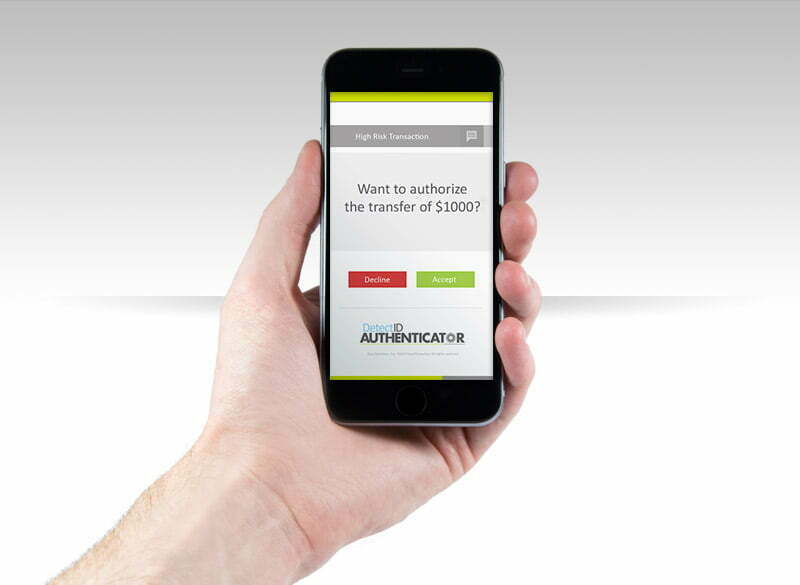Hackers scouse borrow more than 250,000 records globally each hour. And upgrades in the era make it less difficult—no longer more difficult—all of the time for cyber thieves to get right of entry to your private and monetary information. While identity robbery is a horrifying idea, you aren’t helpless. The three major credit bureaus—Experian EXPGY, +0.Fifty two% , Equifax EFX, -zero.17% and TransUnion TRU, -0.Fifty-six % —offer 3 approaches that will help you protect yourself from a person beginning an account for your name—a fraud alert, credit freeze, and a credit lock. Though they sound equal, each offers a special degree of safety and impact, and everyone has one-of-a-kind requirements.
What are fraud signals?
A fraud alert is a basic form of credit score safety. It acts as a roadblock that makes it more difficult for thieves to open an account for your call. If you have got a fraud alert in the region, a lender or different enterprise isn’t alleged to open an account for you without first taking steps to verify that the account is, in truth, for you and no longer someone pretending to be you.

Unlike with a credit freeze, your credit score file continues to be accessible to commercial enterprises and creditors. There’s simply a delivered step that should be taken before the lender or another commercial enterprise opens an account in your name. Because you offer your contact data while you set up the alert, inquiring banks regularly use your phone number to touch you if someone, including you, is trying to open a new account in your name. This allows you to verify or deny that you carried out the account.
Three types of fraud alerts
There are 3 exclusive forms of fraud indicators that you can upload on your credit score reviews at the three credit score bureaus. A preliminary fraud alert can be added using every person at any time and for any motive. You can add it to any one of the 3 reporting companies. The bureau you request an alert from has to allow the opposite bureaus to know approximately. The different then ought to add an initial fraud alert in your record as properly. An initial alert robotically expires after a year.
An extended fraud alert calls for which you affirm which you’re a sufferer of identity theft or fraud. Verification includes sending an identity theft record with a copy of a police or other regulation enforcement report. Requesting an extended alert, as with a preliminary fraud alert, may be executed at one of the reporting organizations, who then have to alert the other two bureaus to your behalf. An extended fraud alert stays in your file for seven years.
A lively-responsibility alert or lively-obligation fraud alert is used for lively navy carrier members. Like a preliminary fraud alert, it lasts for one year but may be prolonged if the carrier member stays deployed. Like the other signals, starting a lively-responsibility at one bureau calls for that reporting agency proportion it with the other two.
What are a credit freeze and credit score lock?
While a fraud alert instructs businesses to take steps to confirm their identity earlier than opening a new account, it doesn’t preserve them from looking at their credit file. A credit score lock or credit score freeze, additionally called a protection freeze, does save you every person from searching at—or creating a hard inquiry on—your credit score report. With a freeze or lock in place, the lender can nevertheless make a tender inquiry towards your credit score file. So you could still get pre-approved credit card gives or have a potential corporation take a look at your credit.
Initial fraud signals and credit freezes are included through government legal guidelines, especially the Economic Growth, Regulatory Relief, and Consumer Protection Act, which requires they be unfastened for three hundred and sixty-five days. Credit locks are not always loose or protected using legal guidelines. They are credit industry merchandise.
Locks and freezes last till you elevate them. Ending a freeze requires a PIN you acquire while you location the freeze. Ending a lock can be finished in reality by asking the organization who placed the lock generally online or a smartphone.
When to area a fraud alert
Requesting a credit score card fraud alert is easy and received’t harm your credit score score or affect your reports. It’s OK to request one at any time. Because an alert most effective lasts a yr, you can want to order requesting one for when you suppose you are probably in jeopardy, along with:
- You are aware of fraudulent pastime on any of your money owed.
- You assume you are a victim of fraud.
- Your information can be a chance in an information breach.
- Your wallet, credit card, Social Security card, etc. Became lost or stolen.
- You want to take more precautions for identity theft.
When unsure, a fraud alert offers you a few reassurances. If you’re making plans to take out a loan or follow for a credit score card soon, an alert gives you a few protection without limiting your capacity to apply for financing. If you have a credit freeze or lock-in location and you apply for a loan or credit card, you’ll must at the least quickly elevate the freeze or lock and take greater steps. Those steps aren’t cumbersome but will take a small quantity of time. If you pick a lock or freeze, honestly know that you’ll do a little painting—greater than answering a cellphone call—if you need a brand new loan or credit card and have one in location.
How to use a fraud alert
Experian lets you post a fraud alert request online. You can input either your private records or identifiers from the latest credit document. If you’d prefer not to enter your Social Security variety, you have the choice to upload different files to verify your identity.






















